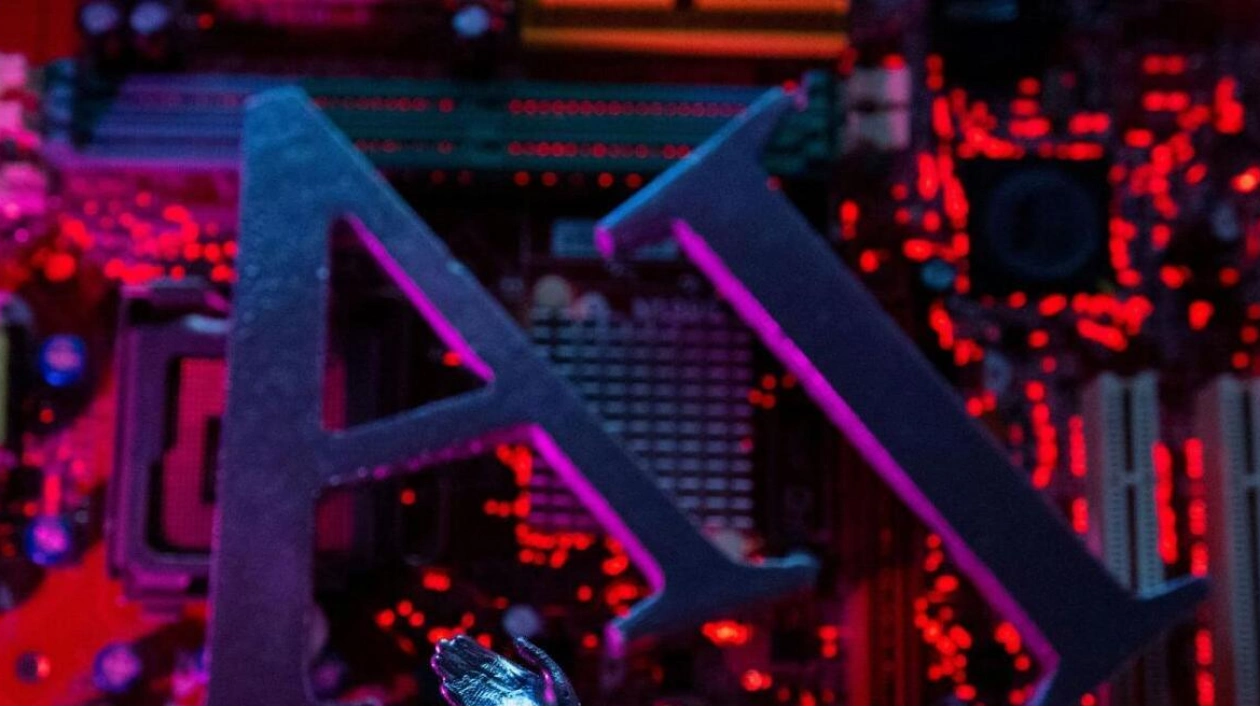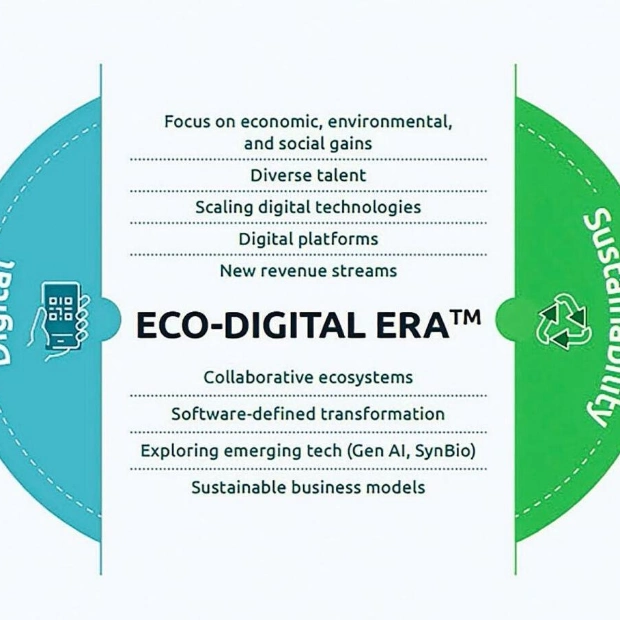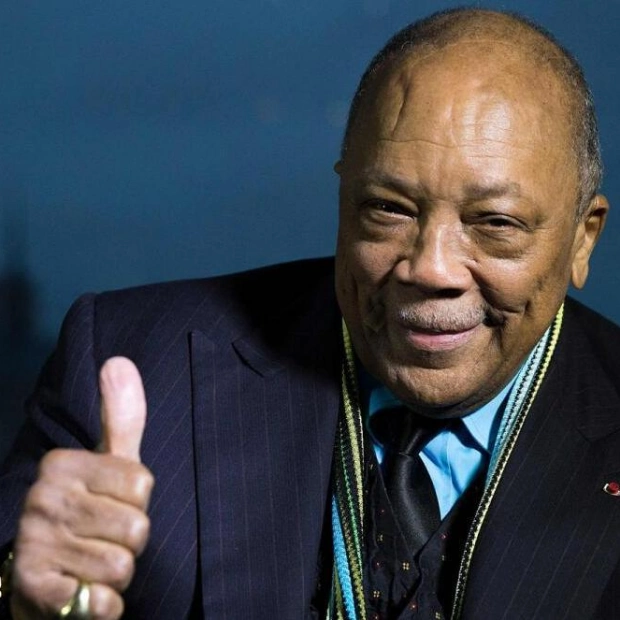A bill designed to regulate advanced artificial intelligence models was approved by California's legislature on Wednesday, amidst concerns that it might stifle the very technology it aims to manage. "SB 1047 — our AI safety bill — just passed off the Assembly floor. I'm proud of the diverse coalition behind this bill — a coalition that deeply believes in both innovation and safety," stated Democratic state senator Scott Wiener of San Francisco, the bill's sponsor. The legislation had encountered significant opposition, including from Democratic members of the US Congress, who contended that punitive measures against developers in an emerging field could hinder innovation. However, it gained the conditional backing of Elon Musk, who asserted that the risks posed by AI to the public necessitate regulation. "This is a tough call and will make some people upset," he remarked on Monday while expressing his support on X. The bill, titled the Safe and Secure Innovation for Frontier Artificial Intelligence Models Act, now awaits Governor Gavin Newsom's signature, though his stance on the proposal remains unclear. Newsom has until September 30 to sign or veto the bill. Dan Hendrycks, director of the Center for AI Safety, believes the bill offers "a workable path forward" in implementing safeguards to mitigate significant AI risks. The bill mandates developers of large "frontier" AI models to adopt measures such as pre-deployment testing, simulating hacker attacks, installing cybersecurity safeguards, and protecting whistleblowers. To ensure the bill's passage in Silicon Valley's home state, legislators made several amendments, including replacing criminal penalties for violations with civil penalties like fines. Despite these changes, the bill continued to face opposition, including from influential national figures. "The view of many of us in Congress is that SB 1047 is well-intentioned but ill-informed," said influential Democratic congresswoman Nancy Pelosi of California last week, highlighting that top party members had voiced their concerns to Wiener. Wiener, however, contends that AI safety and innovation can coexist, and that modifications to the bill have addressed some critics' concerns. OpenAI, the developer of ChatGPT, also opposed the bill, advocating for national regulations instead of a fragmented set of AI rules across the 50 US states. According to The National Conference of State Legislatures, at least 40 states have introduced bills this year to regulate AI, with about half a dozen having passed resolutions or enacted legislation targeting the technology.

Text: Lara Palmer
29.08.2024
SB 1047 aims to control powerful AI models, sparking debates on innovation vs. safety





